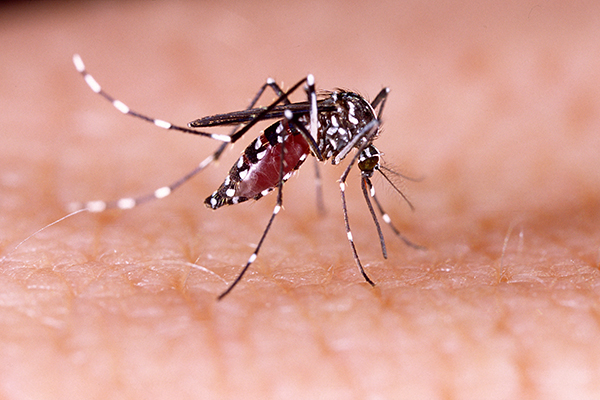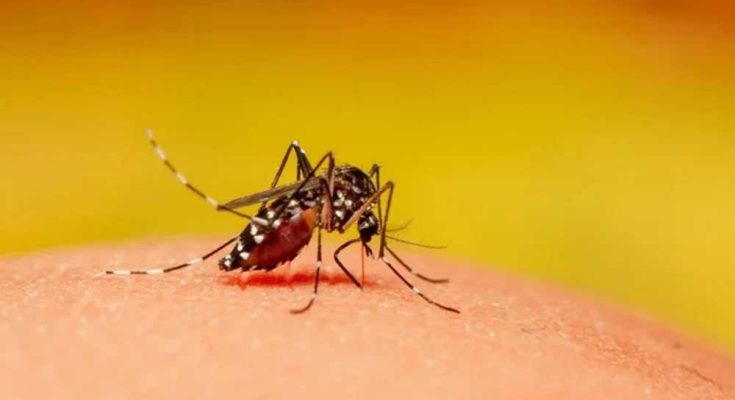Dengue fever, a mosquito-borne illness, is a significant concern in many parts of America, including Florida. This viral disease is primarily transmitted by the Aedes Aegypti and Aedes Albopictus mosquitoes, both of which are found in the state. Due to Florida’s tropical and subtropical climates, the state is the perfect breeding ground for these pests.
Florida has witnessed an increasing number of dengue fever cases in recent years. Although dengue rates have been low here, factors like traveling, urbanization, and climate change have increased the risks. The symptoms of being bitten by an infected mosquito usually show up after four to ten days, including high fever, severe headache, and joint pain.
The effects of dengue fever can be serious and even life-threatening in some cases. This is why professional Oboe Pest Control is so important. Pest control can reduce your chances of getting bitten by mosquitoes. Pest control will also ensure that all the tiny entry points are closed so that these pests cannot enter in the future as well.
Is there dengue fever in Florida?
In 2023, Florida reported a total of 186 locally acquired dengue fever cases. Miami-Dade County reported the highest number of cases, that is, 173. Hardee County reported 19 cases. Other areas included the Broward, Palm Beach, and Polk counties.
As of September 1, 2024, there have been four locally acquired cases of dengue fever reported in Florida, specifically in Miami-Dade (3 cases) and Pasco Counties (1 case). However, the travel-related cases are concerning, with 244 reported.
While the data shows that there is a decrease in the number of locally acquired dengue, travel-related cases are still a concern. If you do not take the right steps, you could become a part of the statistic.
Factors contributing to dengue in Florida
There are two factors in Florida that strongly contribute to dengue fever. These include climatic conditions and travel.
Florida’s warm and humid climate provides the perfect breeding ground for the Aedes mosquitoes. They are the primary vectors for dengue fever and other mosquito-borne diseases. Florida has a temperature of over 50 degrees, supporting mosquito activity throughout the year.
Additionally, the presence of standing water sources, such as flower pots, abandoned tires, and untreated pools, help with the breeding. The Aedes mosquito lays eggs in stagnant water and creates an infestation in no time. Conditions are about to become worse in the future if proper steps are not taken. Climate change is expected to aggravate the situation.
Travel and migration are another concern. Florida is close to other regions with high risks of dengue fever, such as the Caribbean and parts of Central and South America. People may visit these countries and unintentionally bring the virus to Florida.
Additionally, the increasing number of immigrants from the same high-risk regions continues to pose a threat.

Recognizing the early signs of dengue fever
Knowing the signs and detecting the condition early can protect you from serious complications. The initial symptoms are similar to that of the flu, such as sudden high fever, severe headaches, and joint and muscle pain. If you or someone you know has recently traveled to dengue-endemic areas, they should be extra careful.
Severe dengue symptoms can be critical, including persistent vomiting, severe abdominal pain, bleeding from the nose or gums, and difficulty breathing. If any of these symptoms show up, seek medical attention immediately. Severe dengue can lead to internal bleeding, organ damage, and shock.
It can be hard to think how a small mosquito bite can cause all of this, but dengue fever can be life-threatening. Taking proactive steps is the only way to protect yourself.
Protect yourself from dengue!
Finding out that you or your family member has dengue can be scary, given that it has proven to be life-threatening. Call a professional pest control team today to seal the entry points in your home!




